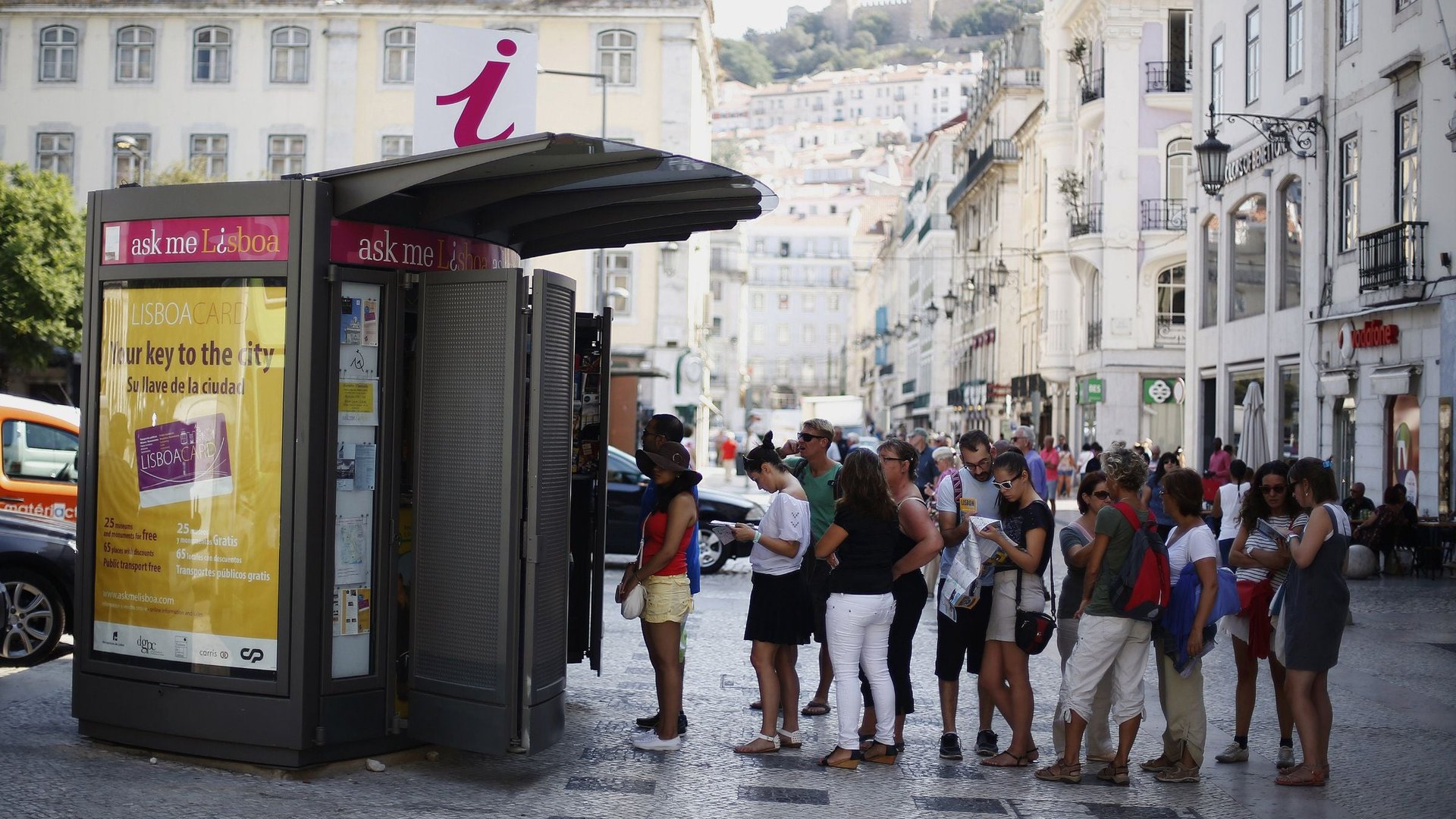TripAdvisor doesn’t just want to help you choose a hotel for your holiday—it wants to come with you
Every month, some 260 million people go to TripAdvisor for advice from—or to give advice to—others about where to stay while on holiday, what to eat and what to do. Recommendations secured, they might find themselves at Expedia or Priceline’s booking.com to buy flight tickets and hotel bookings. And when they get back home, they return to TripAdvisor to warn future travelers about the flea-pit hotel they stayed in or the excellent pomme-frites kiosk they discovered.


Every month, some 260 million people go to TripAdvisor for advice from—or to give advice to—others about where to stay while on holiday, what to eat and what to do. Recommendations secured, they might find themselves at Expedia or Priceline’s booking.com to buy flight tickets and hotel bookings. And when they get back home, they return to TripAdvisor to warn future travelers about the flea-pit hotel they stayed in or the excellent pomme-frites kiosk they discovered.
But what about the bit in the middle, when travelers are actually on holiday, feeling relaxed and often in the mood to splash the cash? Analysts at Macquarie, an investment bank, reckon that services for “in-destination” services are going to be the next key battleground for online travel agents. Indeed, at last year’s conference organized by PhoCusWright, a travel research company, TripAdvisor’s CEO said just that: “We think the next big revolution in travel is going to be about serving the traveler when they are in market, and we think technology will be driving that change.”
Last month, a Priceline executive told Mobile Commerce Daily that he sees a future where Priceline could be part of “things like checking in at the hotel, things like making purchases at the property, things like unlocking doors, unlocking cars.” These companies already have a ready audience: Priceline’s booking.com app has been downloaded 30 million times. Expedia has seen more than 90 million downloads. And TripAdvisor boasts that its various apps have been downloaded some 82 million times. TripAdvisor already offers destinations guides that can be used without connecting to the internet, as well as the ability to make restaurant reservations—though neither one has been particularly important for revenue so far.
The “in-destination” push, like everything else in tech, is driven by mobile: people tend to carry their smartphones with them when they travel and so are online more than they used to be. Though data roaming charges are a potential problem, that is not a worry for people travelling within their own countries, or indeed for Europeans roaming the EU s of late next year. Moreover, some providers are also dropping international roaming charges, and free public wi-fi is abundant in many parts of Europe and the US.
The most obvious use of a travel agent’s app while you’re on your holiday would be to find restaurants or hire cars. But Macquarie analysts believe that there is a lot of potential for the apps to embed themselves in the hotels themselves, allowing users to check-in, upgrade rooms or order room service on the app itself. Hotel companies would want this sort of thing to happen on their own apps rather than a travel agent’s, but just as they would prefer to handle all bookings, the economics of large third-party suppliers often win out. Besides, most mobile phone users would much rather have one or two travel agent apps on their phones—with whom they already have a payment history—than dozens of new hotel apps that require new payment details.